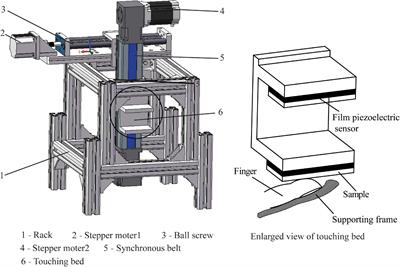EDITORIAL
Published on 25 Jul 2022
Editorial: NeuroHaptics: From Human Touch to Neuroscience
doi 10.3389/fnins.2022.964014
- 1,447 views
- 1 citation
7,279
Total downloads
41k
Total views and downloads
EDITORIAL
Published on 25 Jul 2022
ORIGINAL RESEARCH
Published on 22 Nov 2021
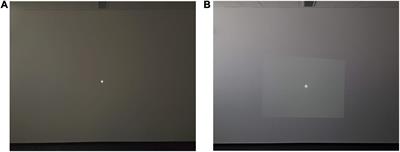
ORIGINAL RESEARCH
Published on 11 Nov 2021
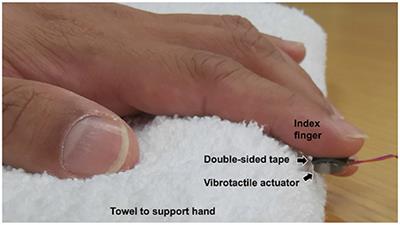
ORIGINAL RESEARCH
Published on 05 Nov 2021
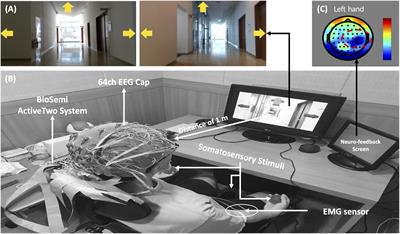
ORIGINAL RESEARCH
Published on 12 Oct 2021
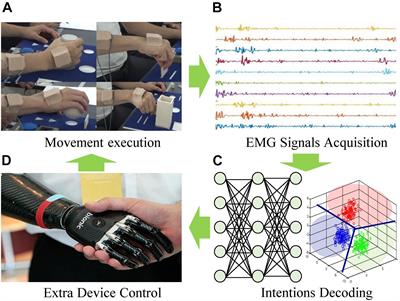
ORIGINAL RESEARCH
Published on 01 Oct 2021
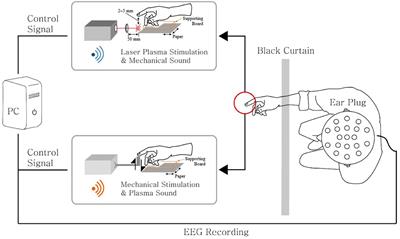
ORIGINAL RESEARCH
Published on 13 Aug 2021
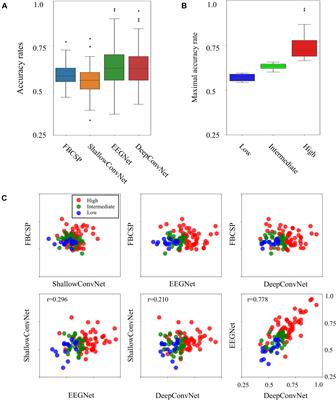
ORIGINAL RESEARCH
Published on 24 Jun 2021
